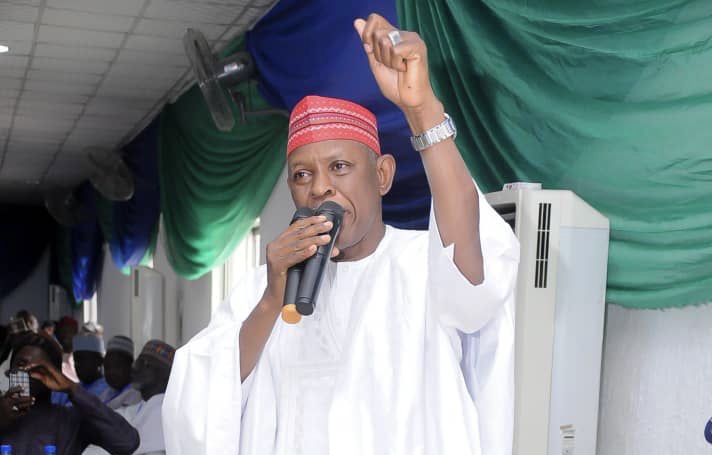Kano State’s investment promotion agency has sharply contested recent government data claiming the northern Nigerian region attracted minimal foreign capital in early 2025, asserting its figures are demonstrably higher. The dispute centers on a National Bureau of Statistics (NBS) report that listed Kano among 30 Nigerian states with “insignificant” foreign direct investment (FDI) inflows of $120,000 for the first quarter, while only seven states—including commercial hub Lagos and capital city Abuja—were credited with meaningful contributions.
Officials from the Kano State Investment Promotion Agency (Kan-Invest) categorically rejected the findings in a Friday statement, declaring the state secured over $22 million in renewable energy investments during the same period. Spokesperson Aminu Sambauna emphasized these funds focused on compressed natural gas (CNG) and liquefied natural gas (LNG) projects, part of broader federal and state efforts to transition toward cleaner energy sources. Sambauna further disclosed that additional proposals worth more than the first-quarter total await approval, though specifics remain undisclosed.
The agency criticized the NBS for allegedly failing to consult state authorities before publishing its report, calling the $120,000 figure “far from the actual.” Sambauna expressed surprise that the statistics bureau, a primary federal data source for Nigerian media, would release figures without cross-verification. “This correction is essential to reflect Kano’s true investment potential,” he stated, linking the higher inflows to recent business-friendly reforms under Governor Abba Kabir Yusuf’s administration.
While the NBS has not yet responded to the claims, the disagreement highlights persistent challenges in tracking capital flows across Nigeria’s decentralized economy. Kano, historically a major economic center in northern Nigeria, has sought to position itself as a renewable energy hub, leveraging federal incentives for gas expansion amid chronic power shortages.
Kan-Invest also teased an upcoming five-year, $10 billion investment strategy targeting multiple sectors, framed as part of a “multi-sectoral strategic plan” to be unveiled later. The agency reaffirmed commitments to nurturing existing projects while courting new investors, though analysts note persistent infrastructure gaps and security concerns in northern Nigeria could temper enthusiasm.
The conflicting accounts underscore broader debates about investment transparency in Africa’s most populous nation, where subnational entities increasingly vie for global capital amid sluggish national growth. With neither party providing detailed documentation, the discrepancy raises questions about coordination between federal statistical bodies and state-level agencies in tracking economic activity.
